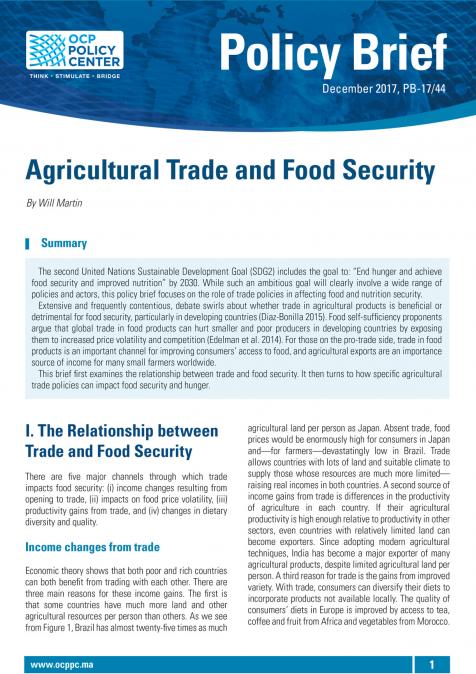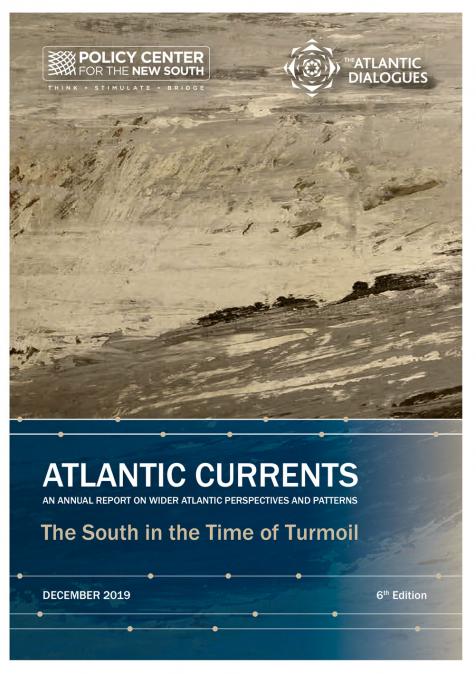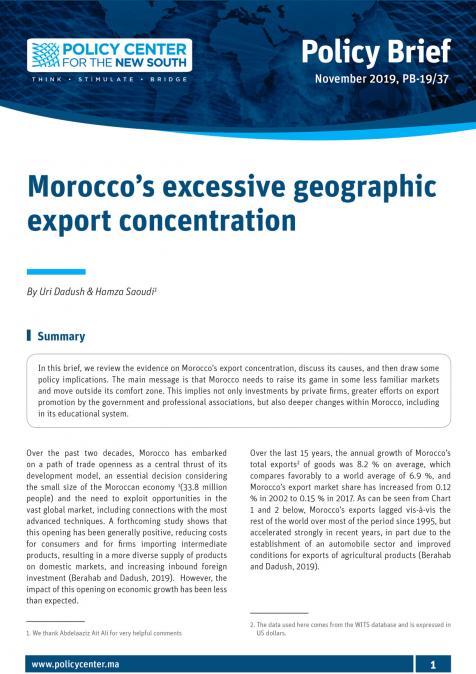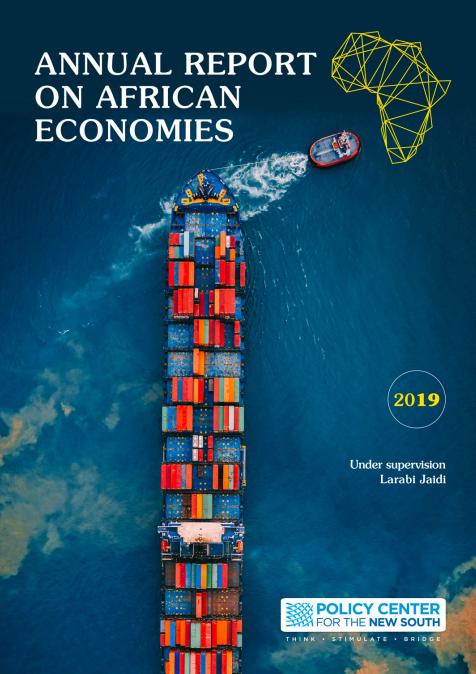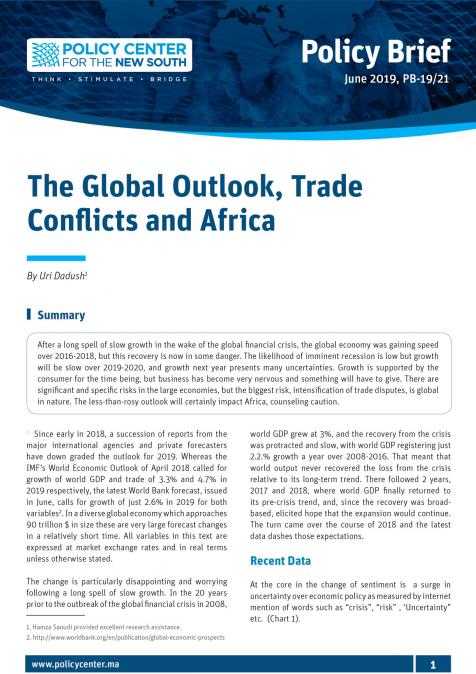Publications /
Policy Brief
The second United Nations Sustainable Development Goal (SDG2) includes the goal to: “End hunger and achieve food security and improved nutrition” by 2030. While such an ambitious goal will clearly involve a wide range of policies and actors, this policy brief focuses on the role of trade policies in affecting food and nutrition security. Extensive and frequently contentious, debate swirls about whether trade in agricultural products is beneficial or detrimental for food security, particularly in developing countries (Diaz-Bonilla 2015). Food self-sufficiency proponents argue that global trade in food products can hurt smaller and poor producers in developing countries by exposing them to increased price volatility and competition (Edelman et al. 2014). For those on the pro-trade side, trade in food products is an important channel for improving consumers’ access to food, and agricultural exports are an importance source of income for many small farmers worldwide. This brief first examines the relationship between trade and food security. It then turns to how specific agricultural trade policies can impact food security and hunger.

